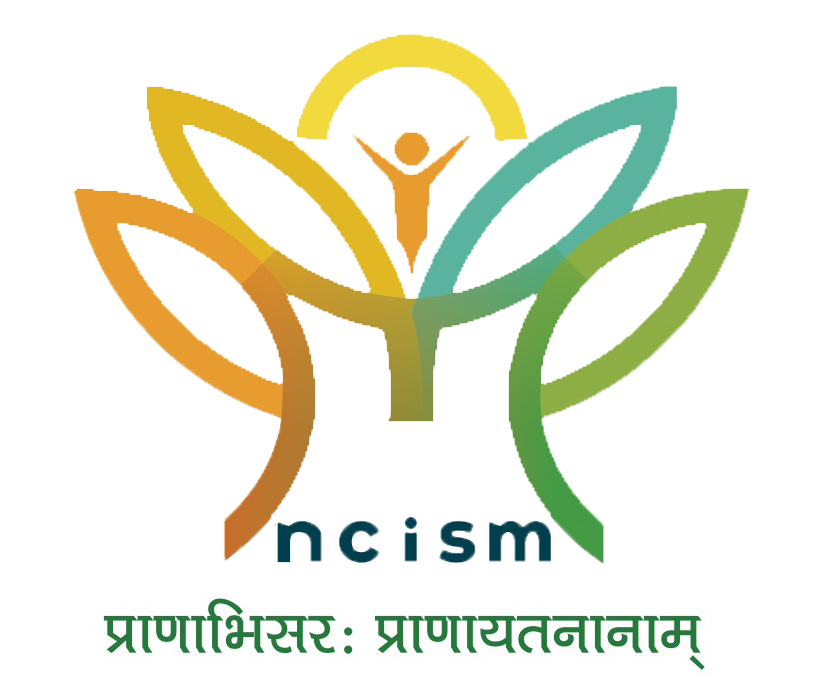The National Council for Indian System of Medicine (NCISM) has recently implemented a new rule mandating a minimum of 75% attendance for students enrolled in Bachelor of Ayurvedic Medicine and Surgery (BAMS) courses. This regulation aims to ensure that students acquire the requisite theoretical and practical knowledge essential for their future medical careers. Here’s a detailed analysis of the potential plus points, negative aspects, and broader impacts of this policy change.

Positive Points:
- Enhanced Learning Outcomes:
- Increased Engagement: A mandatory 75% attendance requirement ensures that students are consistently engaged with their coursework, which is likely to improve their understanding and retention of complex subjects.
- Comprehensive Knowledge Acquisition: Regular attendance allows students to cover the entire curriculum comprehensively, including practical training, which is crucial for their professional competence.
- Better Prepared Graduates:
- Higher Competency: Students who attend classes regularly are expected to have a stronger grasp of Ayurvedic principles and practices, potentially leading to better patient care and more skilled practitioners in the field.
- Consistent Evaluation: Regular attendance ensures that students participate in continuous assessment and feedback, which can help in timely identification of learning gaps and performance issues.
- Professional Discipline:
- Work Ethic: The attendance rule fosters a sense of responsibility and discipline among students, mirroring the professional standards expected in healthcare settings.

Negative Points:
- Increased Pressure:
- Academic Stress: The 75% attendance requirement may add to the academic pressure on students, particularly those who might be dealing with personal or health issues that impact their ability to attend classes regularly.
- Potential for Disciplinary Issues: Strict attendance rules could lead to increased disciplinary actions and stress-related problems for students struggling to meet the requirement.
- Impact on Flexible Learning:
- Reduced Flexibility: The rule may reduce the flexibility for students who might benefit from alternative learning methods or have varying learning paces, potentially affecting their academic performance negatively.
- Impact on Non-Traditional Students: Students with non-traditional backgrounds or those balancing work and study might find it challenging to meet the attendance threshold.
Impacts:
- On Students:
- Improved Skillset: Over time, students are likely to benefit from improved practical and theoretical skills, which could enhance their career prospects in the Ayurvedic medical field.
- Potential Dropout Rates: There is a risk of increased dropout rates if students are unable to meet the attendance requirement due to personal or health-related reasons.
- On Educational Institutions:
- Curriculum Delivery: Institutions may need to adapt their curriculum delivery methods to accommodate the increased focus on attendance and ensure that all students meet the new standards.
- Administrative Burden: There might be an increased administrative burden associated with monitoring and enforcing the attendance policy.
- On the Ayurvedic Medical Field:
- Enhanced Standards: The rule could contribute to raising the standards of Ayurvedic medical education and practice, potentially leading to better healthcare outcomes.
- Increased Scrutiny: The policy might attract increased scrutiny on the quality and effectiveness of Ayurvedic education and training programs.

